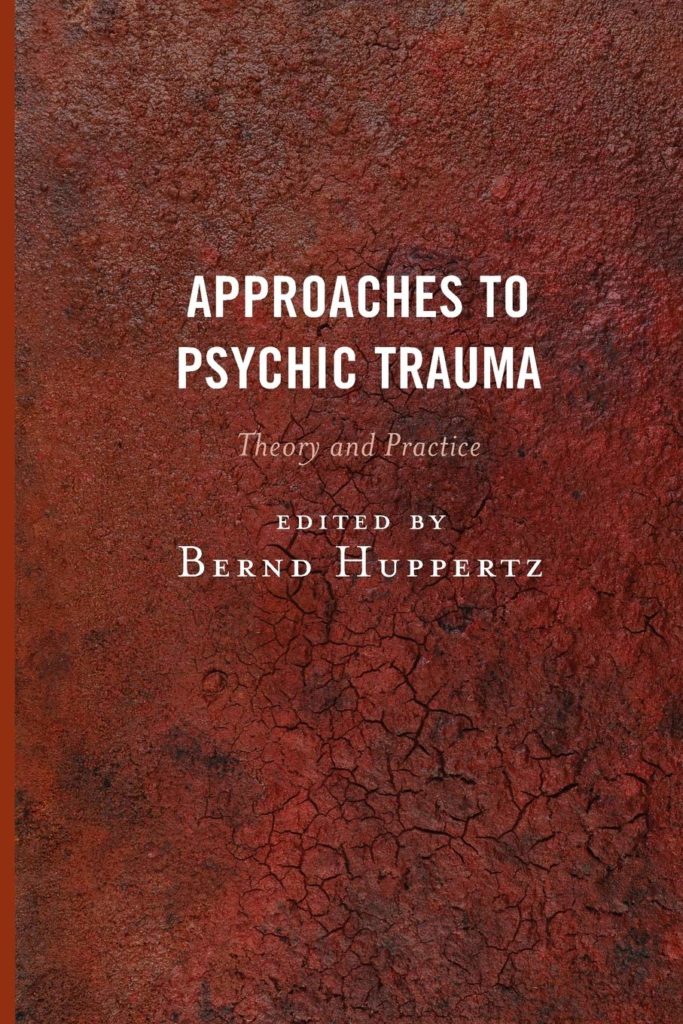Psychic trauma is one of those issues that everyone talks about, but few understand in depth, not all negative experiences can be classified as trauma, and not all traumas occur consciously.
In fact, many people are unaware that they have this mark, despite how much it can influence their behavior.
- The extent of psychological trauma does not depend exclusively on the severity of the facts to which a person has been exposed.
- But decisively influence factors such as age.
- Context.
- Mental state at the time of experience.
- Subsequent events.
- Etc.
Psychic trauma sometimes has lifelong consequences, we are talking about realities that need to be addressed by a professional, because it is very difficult for a person, whatever their efforts, to overcome them without directed and appropriate intervention.
We all have traumas in life, but they’re different from each other, and besides, not everyone gets the same grades.
Is there any trauma a person can endure until he goes out on the street and starts screaming?-Cate Blanchett-
Generally speaking, drugs are defined as unexpected experiences that generate severe emotional pain; in case of trauma, there is always a real, potential or imaginary threat to the life or integrity of the person.
This definition also includes the experiences we witness, even if it is not directly up to us.
The response of the person exposed to such situations is frightening, that is, a state of wonder in which a deep sense of helplessness is felt, in general, and especially in children, the initial reaction is emotional chaos, agitation, disorganized behavior. paralysis.
Psychic trauma is abnormally stored in our memory. The experience is so amazing that the mind cannot faithfully record and order what happened. It’s like a shock to the brain.
Therefore, it is common for the information involved to be confined and classified, so to speak. In other words, we only remember a few aspects and the rest is consciously forgotten. It’s a defense mechanism to move forward.
The determining factor of the trauma is the unexpected, the lack of preparation, the lack of adequate resources to face it, somehow neither the body nor the mind are prepared to live this experience.
As a result, the body and psyche must react in a very short time, the level of nerve arousal reaches such a high level that the person is unable to develop the experience and integrate it into their story in a way that does not. hurt him.
On the other hand, psychological trauma is not always the result of real events, sometimes the human mind is unable to separate what happens in reality from what it imagines or evokes.
Therefore, there may be psychological trauma resulting not from a real threatening fact, but from the subjective fact of feeling threatened.
Sigmund Freud discovered that many of his patients had lived experiences they considered intolerable, although they did not endanger their lives or integrity in the strict sense.
The case is often cited of a woman who hallucinated with the smell of burnt cake, whose psychoanalysis led her to remember when she worked as a housekeeper, had received a letter from her mother and the children from the house where she worked collected her. At that time, the cakes in the oven were burning.
Psychic trauma has different levels of severity. The most serious can lead a person to organize his whole life and his whole perception of reality according to traumatic experience, for example, someone who has been suddenly abandoned at an early age becomes incapable of trusting people.
It is common for those who have suffered psychological trauma to develop the so-called post-traumatic stress disorder, it is about continuing to live the trauma, unconsciously, even if there is no longer any danger.
A typical case is that of people who have participated in wars and then are tormented by violent memories, to the point of not being able to live normally.
It is also common for one of the effects of psychological trauma to be anxiety and depression, with manifestations such as panic attacks or dysfunctions of various types.
The important thing is to know that with proper professional help it is possible to minimize the effects of this type of impact, which involves a review of the event and an intervention in emotional memory.

